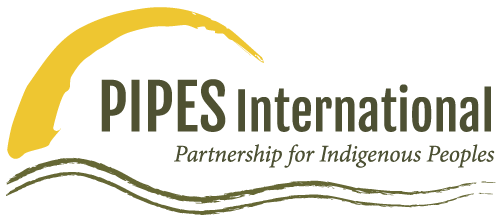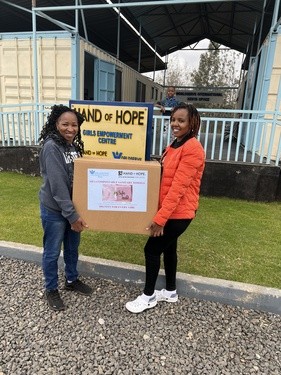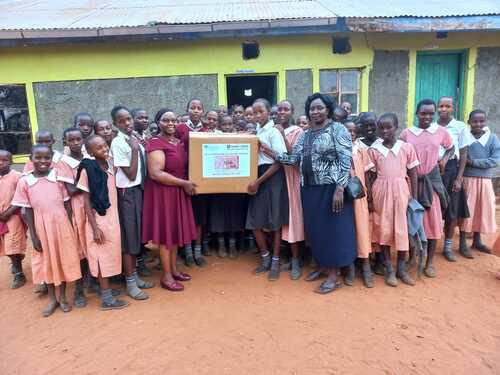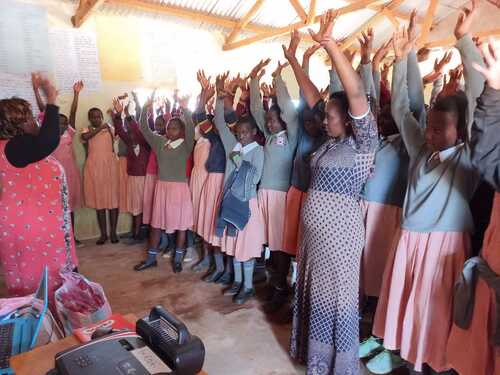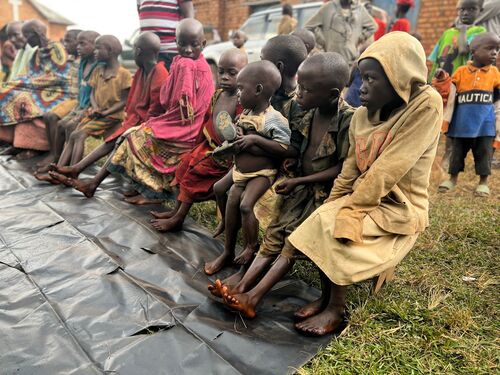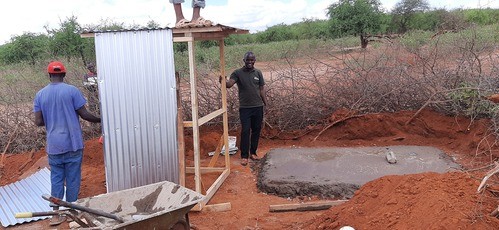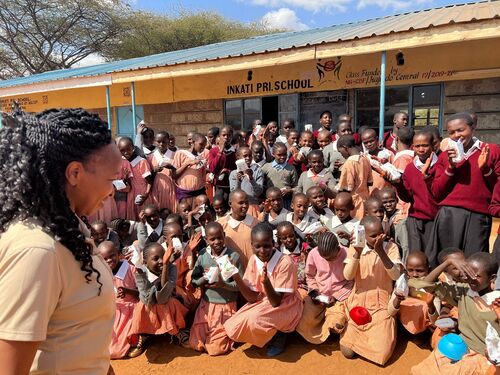
Providing dignity for girls
The lack of access to sanitary pads, known in the Maasai area as dignity pads, is a pressing issue that many young girls face in the Maasai community. Access to hygiene products like dignitary pads has been limited due to financial constraints. The lack of pads has significant implications for young girls as it leads to absenteeism from school during menses, affecting their education and long-term prospects. Additionally, using unhygienic materials as substitutes for sanitary pads has increased the risk of infection and other health issues.
In partnership with Worldsesrve, a local organization in Kenya, PIPES is distributing pads to 200 girls monthly to needy girls. We will continually increase that number as resources increase.
In partnership with Worldsesrve, a local organization in Kenya, PIPES is distributing pads to 200 girls monthly to needy girls. We will continually increase that number as resources increase.
